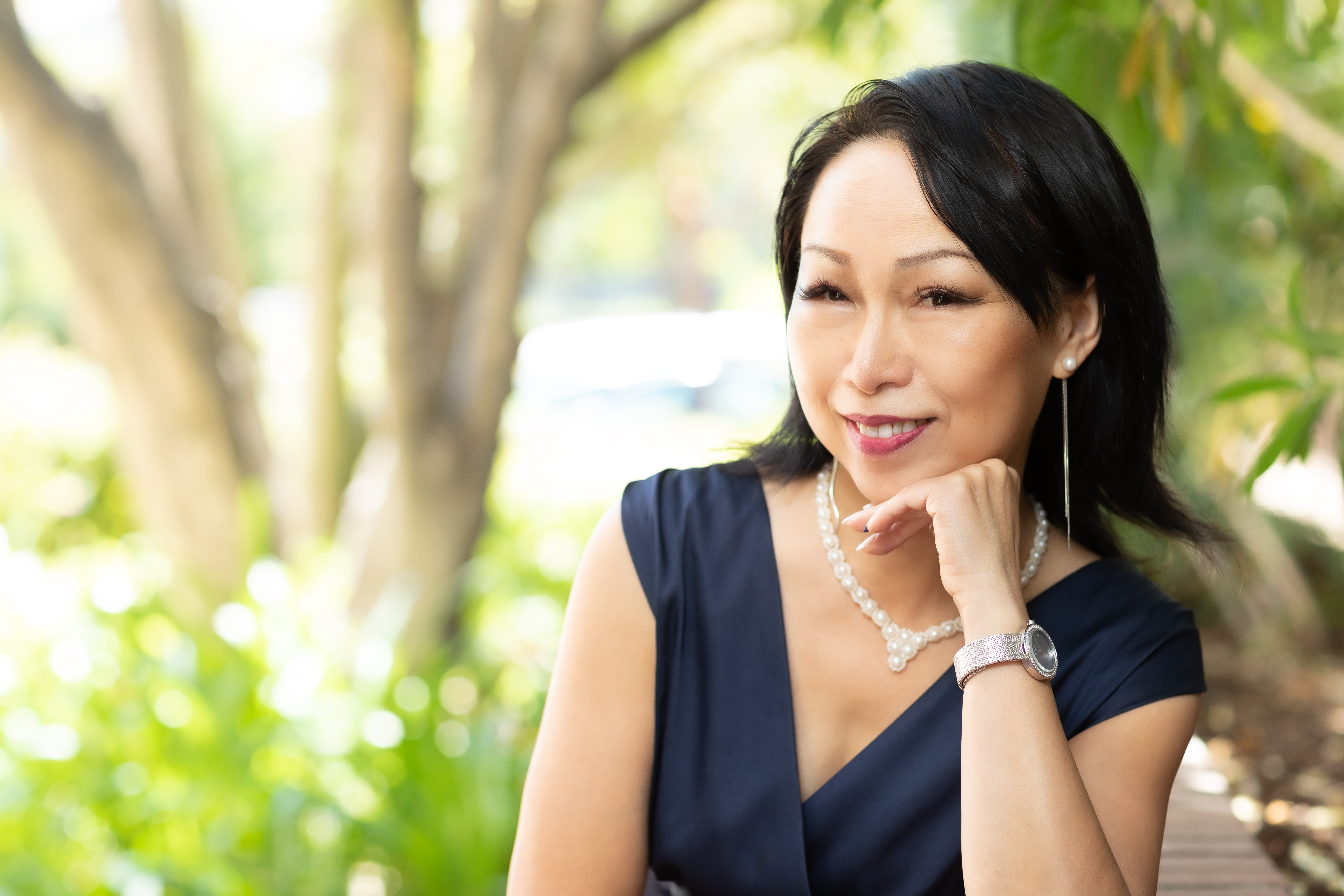
There’s a common misconception that vegetable gardening follows a cycle of planting during spring and harvesting before autumn frosts descend. While a wide range of vegetables, herbs and other edibles require following this pattern, exceptions persist. It may come as something of a surprise, but late-summer and even early fall gardens can yield a harvest before winter arrives. If you are interested in extending the growing season, consider these veggies for a late-summer garden.
This sometimes fragile leafy green does not fare well under the intense summer sunlight. Lettuce typically prefers less harsh UV rays and cool evenings. Varieties that thrive after late-summer plantings include loose-leaf, romaine, butterhead and iceberg, among others. Although grocery stores market pre-packaged “spring mix,” homeowners can just as easily enjoy their own “autumn greens.”
Root veggies also rank as robust off-cycle opportunities for everyday people with green thumbs. Often considered “cool weather” crops, many roots are planted as early as spring permits or during late summer. One of the gardening tricks to maximizing cool-weather juiciness involves maturation periods. It’s wise to avoid options that need more than three months to yield a harvest, such as potatoes and parsnips. The following could prove valuable if the average maturation period fits your zone.
Growing enthusiasts who build gardens for late summer plantings would be well considered when the first killing frost occurs. Many successful growers count back from the first winter blast and time their gardens accordingly.
These highly sought-after and delicious veggies also prefer cooler temperatures. Broccoli seeds, for example, are often planted indoors upwards of 9 weeks before being transferred outdoors after the last frost. Given they germinate in under two weeks, sowing the seeds during late summer often proves successful. It’s essential to review the variety you plan to grow because some take upwards of 120 days to mature. Others can be harvested between 55 and 80 days.
One wrinkle home gardens may want to consider involves garlic. Cloves can be planted during late summer and early fall to produce spring harvests. They can also be planted in early spring for fall harvests. It can emerge as a year-round opportunity when grown in a separate garden, away from other plants. The key takeaway is that creating additional growing spaces can increase your fresh, homegrown vegetables.
